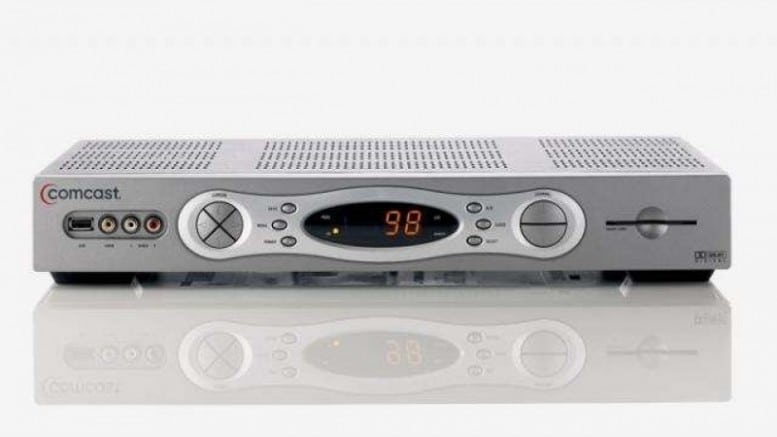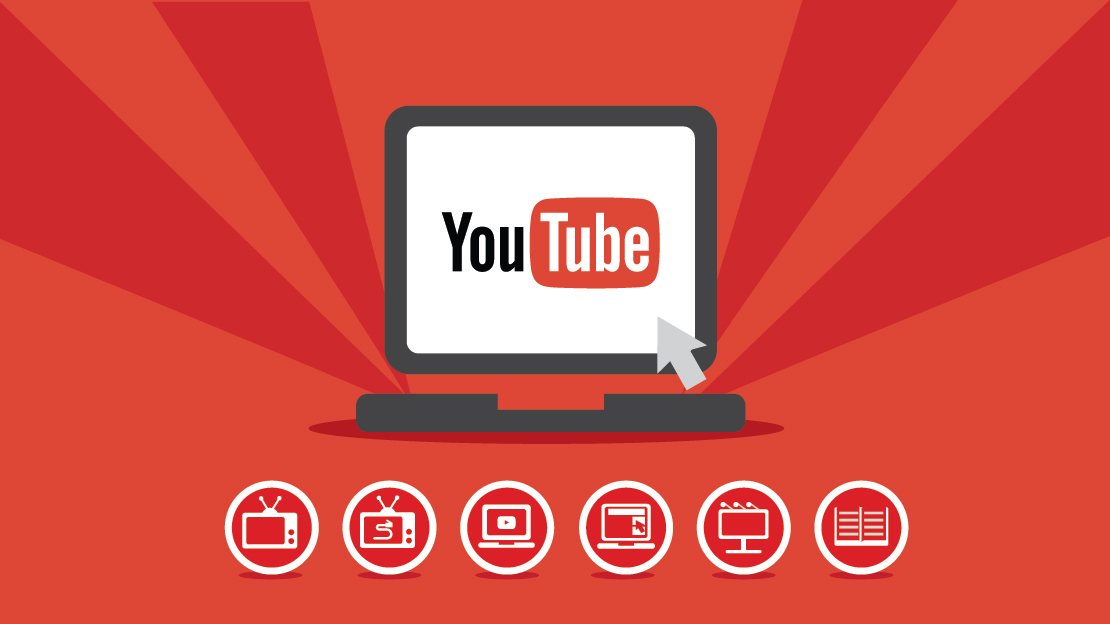Your standard-issue cable or satellite box — and the steady, monthly fees you pay for the “honor” of using it — could become a thing of the past.
Under an FCC proposal introduced this week, third parties could manufacture set-top boxes that would show you the content you get from, say, Verizon or Time Warner without having to use the company’s own equipment at a monthly cost.
FCC Chairman Tom Wheeler and the proposal’s backers hailed it as a win for consumers, who pay an average of $231 a year in rental fees alone. That’s a whopping $20 billion nationwide.
But cable companies and some industry experts said that the move could upend a historically successful business model.
The plan would accelerate the move in the television and technology industry toward apps- and internet-based programming and away from hard-wired connections.
If passed, Mike Paxton, a TV and media analyst with SNL Kagan, told Patch that customers could start seeing changes in the next 12 months.
“The proposal is about one thing: consumer choice,” Wheeler wrote in a re/code op-ed. “You should have options that competition provides. It’s time to unlock the set-top box market — Let’s let innovators create, and then let consumers choose.”
Here’s how things work now.
If you buy a TV bundle that’s advertised for, say, $99 per month, households usually pay nearly $20 per month for the boxes that send the actual signal to your TV and allows you to access whatever programming you pay for from the cable provider.
Cable box costs, the FCC said, have increased 185 percent since 1994, while costs for computers, TVs and mobile phones have dropped by 90 percent during that time.
So, Wheeler wants to inject some competition into the set-top box marketplace.
“With the ever-increasing price of cable and all of the advances in technology, why should consumers have to keep renting a set-top box?,” Marta L. Tellado, CEO of Consumer Reports, said in a statement. “This move by the FCC would help bring some competition and innovation to a market that’s in serious need of reform.”
The proposal, which will face a commission vote on February 18, could make way for several more options for people to watch live TV. For example, Comcast could develop apps on Apple TV, Chromecast or Roku that let you log in and watch TV straight from those devices.
That could spur the cable companies themselves to develop better — and cheaper — technologies to deliver programming.
“Consumers deserve competitive options in accessing technology and television — not exorbitant prices dictated by monopoly cable companies,” Sen. Ed Markey (D-MA), who has fought for TV reform in Congress, said in a statement.
But nearly every major television provider is firmly opposed to opening up set-top boxes. They say it will impact the quality of content they can provide, and that they already have several ways to access content that doesn’t require a set-top box.
Representatives for Time Warner Cable and Cox Communications pointed Patch to The Future of TV Coalition, a group formed by nearly every major TV provider in response to the FCC’s proposal, which they have dubbed “AllVid.”
And Comcast, one of the coalition’s members, has published a rebuttal of its own, using many of the same talking points as the coalition.
The cable companies say that they already offer plenty of digital options like apps and desktop streaming, and some companies offer their full programming, including live TV, through Tivo boxes or Roku.
A post on the coalition’s website says that popular shows and programming would be “dismantled” when potential box-makers like Apple or Google show them and make money for themselves, without having to pay any rights or negotiation fees.
The TV companies’ lost revenue could be felt in negotiations with production companies and various networks.
“The ‘AllVid’ proposal is a brazen money grab by Big Tech companies that would do severe damage to the programming ecosystem, and in particular, niche and minority-focused networks,” Alfred Liggins, CEO of TV One and one of the coalition’s leaders, said in a statement.
“Everyone who cares about quality, diverse television should let the FCC know that AllVid is a harmful non-starter.”
Post your thoughts below in the comment section.
SOURCE: Patch
![]()





